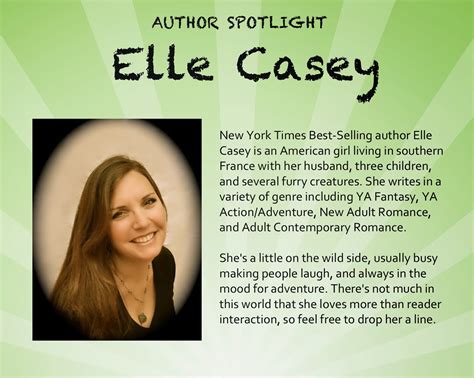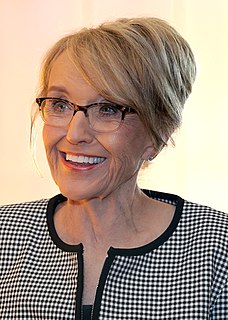A Quote by Philip Zimbardo
I have been primarily interested in how and why ordinary people do unusual things, things that seem alien to their natures. Why do good people sometimes act evil? Why do smart people sometimes do dumb or irrational things?
Related Quotes
What came up at age 49 is I realized that of all the things I'm interested in, the thing I'm most interested in is figuring out what makes people tick, why people think the way they do, why they act the way they do. And I realized that music is such a great way to investigate why people do what they do.
Sometimes the parallels that are brought in can make the play seem less relevant; you can deny a play's application to the universal by making it too specific. Sometimes having a modern context does make things easier to grasp; sometimes, you go, "Why have they got swords?" "Why didn't Juliet just text Romeo? Why did she bother posting a letter? Why was the Milan post service so bad?" It throws up irrelevant questions that don't help.
Science tries to answer the question: "How?" How do cells act in the body? How do you design an airplane that will fly faster thansound? How is a molecule of insulin constructed? Religion, by contrast, tries to answer the question: "Why?" Why was man created? Why ought I to tell the truth? Why must there be sorrow or pain or death? Science attempts to analyze how things and people and animals behave; it has no concern whether this behavior is good or bad, is purposeful or not. But religion is precisely the quest for such answers: whether an act is right or wrong, good or bad, and why.
For years I've been interested in a fundamental question concerning what I call the psychology of evil: Why is it that good people do evil deeds? I've been interested in that question since I was a little kid. Growing up in the ghetto in the South Bronx, I had lots of friends who I thought were good kids, but for one reason or another they ended up in serious trouble. They went to jail, they took drugs, or they did terrible things to other people. My whole upbringing was focused on trying to understand what could have made them go wrong.
I’m curious about things that people aren’t supposed to see—so, for example, I liked going to the British Museum, but I would like it better if I could go into all the offices and storage rooms, I want to look in all the drawers and—discover stuff. And I want to know about people. I mean, I know it’s probably kind of rude but I want to know why you have all these boxes and what’s in them and why all your windows are papered over and how long it’s been that way and how do you feel when you wash things and why don’t you do something about it?
I don't believe that if you do good, good things will happen. Everything is completely accidental and random. Sometimes bad things happen to very good people and sometimes good things happen to bad people. But at least if you try to do good things, then you're spending your time doing something worthwhile.
I mean, so if I've talked to whites in City of Refuge, sometimes they'll wonder, "Why do we do things a certain way, and why do we make a big deal out of events?" And what's happening is they're falling back on their understanding of the way that church should work. It's not always working exactly like that, and they feel frustration or confusion. Sometimes people leave. That's certainly common in mixed churches.
This is not just a simple story of "money can't buy happiness." Or maybe that's just what it is. And if it is, why shouldn't it be? Because if this is something we are already supposed to know, then why don't we know it? Why do we chase and scrabble and fight for things to flaunt, why? Why do we reach for power over other people, and through the thin superiority of our possessions, believe we have it? Why do we let money make people bigger, and allow those without it to be made smaller? How did we lose the truth in the frantic, tribal drumbeat of more, more, more?





































